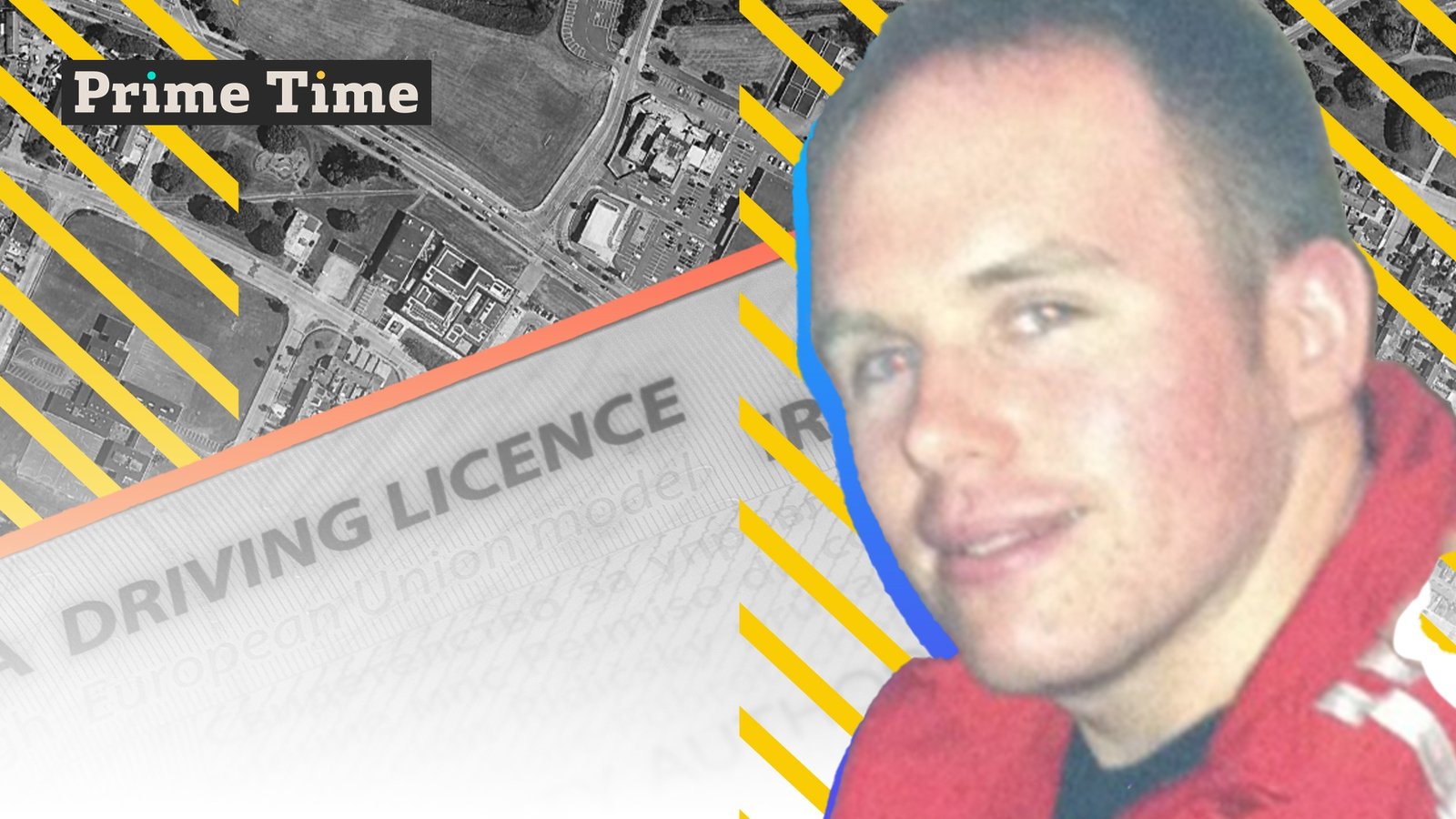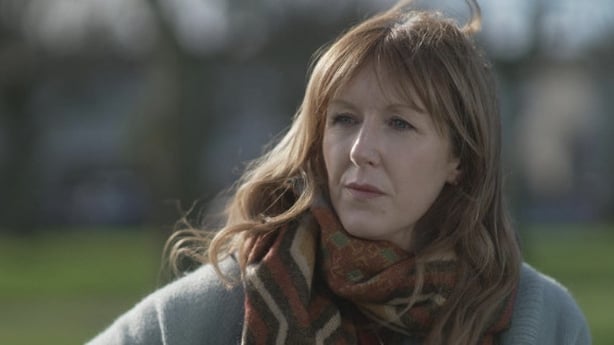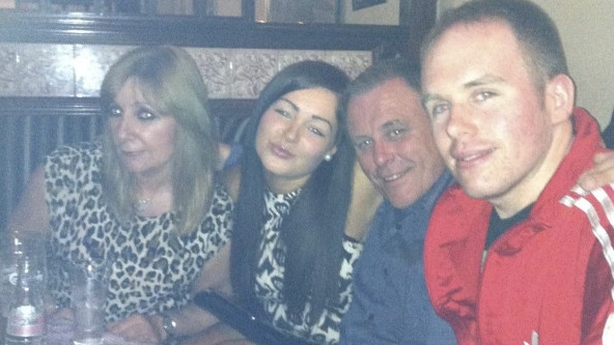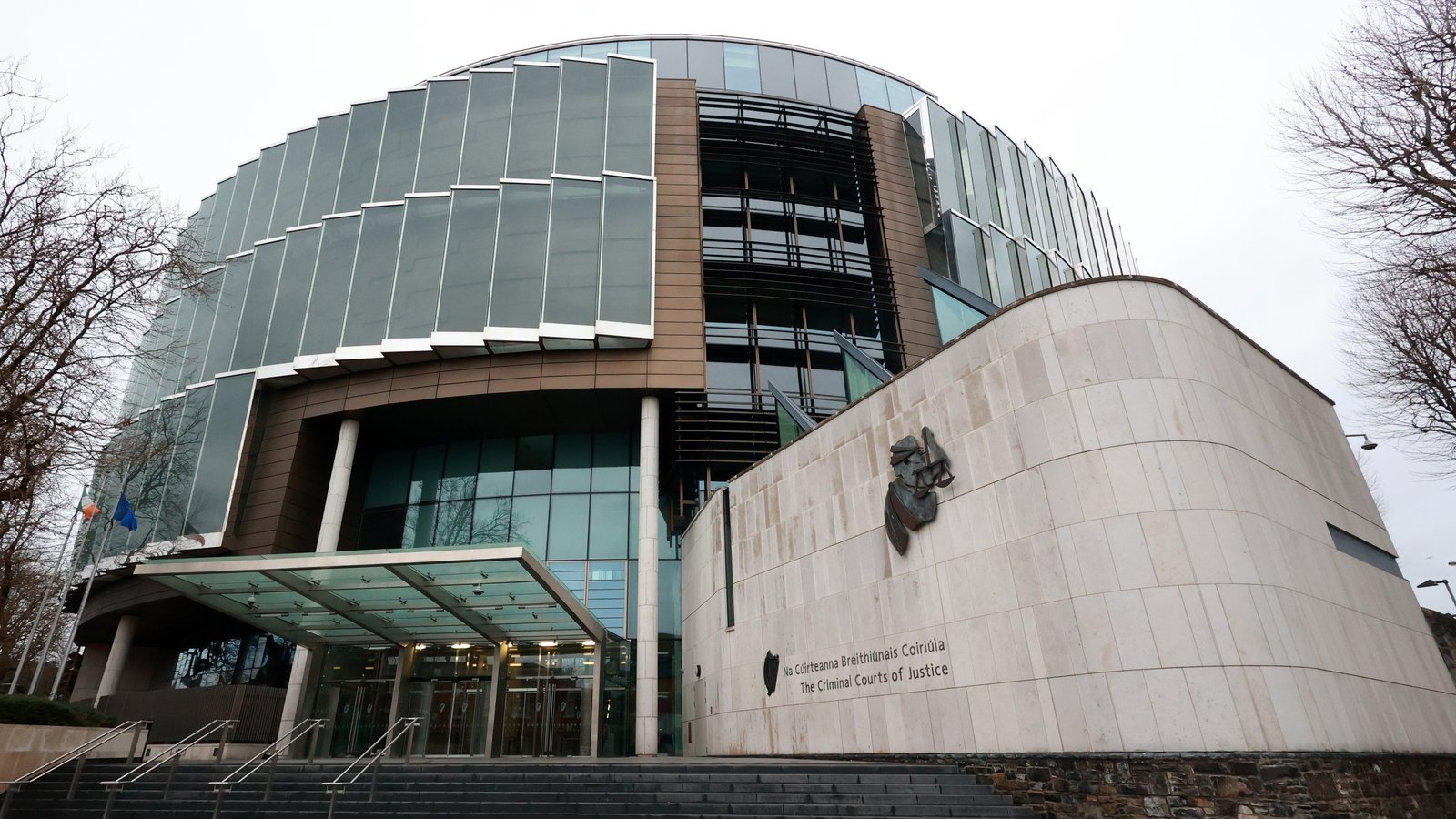Family of man killed by banned driver call for system overhaul

The family of a man who was killed when he was hit by a disqualified driver have called for a review of the system which has seen nearly 25,000 disqualified drivers fail to relinquish their Irish licences since 2016.
Karl Robertson (28) died after being struck by a van near his home in March 2017, and his family say change is needed to address the systemic shortcomings in how driver disqualifications are handled in this country.
Currently, drivers who have their permits or licences disqualified have 14 days to appeal their conviction.
If no appeal is made, the Road Safety Authority (RSA) writes to the drivers telling them they must surrender their licence via the post.
But at least 24,328 drivers with Irish licences who were disqualified by the courts, failed to relinquish their licence or learner permit between 2016 and 2022 according to figures analysed by road safety group PARC.
Non-compliance with surrendering a disqualified licence is an offence that carries a maximum fine of €1,000 for the first offence, and up to €2,000 for the second and subsequent offences.
Prime Time tried to obtain the exact number of convictions for non-compliance with surrendering a disqualified licence since 2016, via a series of questions to the Department of Transport, the RSA, and An Garda Síochána, but no answer was forthcoming.
When it comes to convictions, Karl’s cousin Aisling Reid told Prime Time “the statistics and the data has shown us that that’s not happening. It’s a system that’s not fit for purpose. It’s not working.”
“As a person and a family who’s lost a family member as a result of a disqualified driver, the most important thing to us is to change the system of surrendering licences,” Ms Reid added.

For Karl Robertson and his family, 8 March, 2017 was a day that seemed like any other.
After finishing his shift at Dunnes Stores in the Northside Shopping Centre in Coolock, Karl returned to the house he shared with his parents in Artane.
Karl – who family described as a loving, kind, gentle soul – put on his shorts, laced up his runners and headed out into the early evening for a jog in the quiet north Dublin suburb.
‘Soul destroying’
He felt comfortable jogging in his local community. It was a ritual he repeated every second day. But tragically on that Thursday evening, at around 9.45pm he was struck by a van at Hazelwood Park, less than 800m from his own front door.
An hour later his parents, Cathy and Tony, got the phone call every parent dreads. Their only son had been rushed to the nearby Beaumont Hospital.
The following morning Aisling Reid made her way across the city to be by her families’ side.
“It was soul destroying,” Ms Reid told Prime Time. “It was just complete and utter disbelief that we were in this family room in ICU. We’d all take turns going in to see Karl. We all knew he wasn’t going to survive.”
Karl succumbed to extensive head injuries on Friday, 9 March 2017.
“I will never, for as long as I live, forget the scenes in the hospital, the day that Karl passed away,” Ms Reid said.
“I’ll never forget the screams from his mother. She absolutely worshipped the ground that Karl ran on. His death has completely and totally broken her.”
The man responsible for Karl’s death left scene of the incident. His van was later found burnt out a short distance away.
Patrick Morgan was eventually arrested, charged and convicted with several serious offences including dangerous driving causing death which resulted in a five-year prison sentence.
In court, Karl’s family discovered that Morgan had 47 previous convictions and was the subject of three separate driving disqualifications.
“We didn’t know anything until he was being sentenced. Our family were there to support Cathy, Tony and [Karl’s sister] Niamh,” Ms Reid said.
“It was only when proceedings began that we began to hear these bits. Our heads were absolutely spinning,” Ms Reid said.
“It was in that moment that we realised that Karl wasn’t just killed by any driver, he was killed by a driver who should not have been sitting in the seat of a van and behind the wheel of any vehicle at all. He shouldn’t have been on the road.”

While Karl’s family were never able to ascertain if Morgan had possession of his licence at the time, the fact so many drivers retain possession of their licences despite disqualification is a source of great frustration for them.
“It adds to the anger to know that the systems in place for surrendering your licence is ineffective. It doesn’t work,” Ms Reid said.
29,549 drivers with Irish licences were disqualified by the courts between 2016 and 2022. But only 18% (5,221) surrendered their licences.
In 2023, there were 1,892 learner drivers disqualified from driving in court. Only 70 of them surrendered their permits.
“I’m well used to hearing statistics like this. And it’s getting worse. It’s so infuriating to know that people are getting disqualified in court and they’re walking out the doors with their licence in their pockets.”
“I would assume that many of those drivers are holding onto their licence because they have every intention of continuing to drive,” Ms Reid said.
Disqualification notification process
At present, when a driver is brought to court for an offence which results in their licence being disqualified, the Courts Service notifies An Garda Síochána and the RSA separately.
The vast majority of driver disqualification cases are handled at District Court level. After the court ruling there, disqualification orders are sent electronically to the gardaí and the Department of Transport.
At this point in the process, the Courts Service says its responsibility ends.
Under law, the driver who has been disqualified has 14 days to appeal. After that time, the RSA is required to notify the disqualified driver that they must surrender their licence.

However, in a letter seen by Prime Time, the Minster for Justice Helen McEntee told then Taoiseach Leo Varadkar that “there is no procedure whereby the RSA automatically informs the Gardaí when a licence has not been surrendered.”
The outcome of this appears to be that disqualified drivers can hold onto the physical copy of their licence, and Gardaí are not informed this is taking place to pursue the offence.
However, because disqualification data is sent to the Gardaí by the Courts Service separately, An Garda Síochána do have a record of who has been disqualified in PULSE.
As a result, if a Garda is shown a physical copy of a licence and – crucially – they make the decision to check the status of that licence by consulting PULSE, the system will flag that the driver as disqualified.
This process currently requires individual Gardaí taking several steps which the force has been trying to cut out, through the roll-out of a mobile app.
More than 12,000 frontline members have been issued with official ‘mobility devices’ – mobile phones – which give them access to Garda data systems at the roadside. However, only 214 members have access to the specific app allowing them to identify drivers that continue to drive with a disqualified licence.
In a statement, An Garda Síochána said: “Following successful testing, the ANPR app will be rolled-out to all roads policing Garda via their mobility device by end of April 2024.”
There are currently approximately 640 members in the Roads Policing Unit. It is unclear when other uniformed members will gain access to the app.
‘Change the system’
Outside the inquest into Karl Robertson’s death in August 2018, Aisling Reid made a statement on behalf of Karl’s family. It said they believed, “the inability of the gardaí to identify this disqualified driver, prior to the collision, led directly to Karl’s death.”
And seven years on, they continue to advocate for a complete overhaul of how the system operates because it remains, they say, disconnected and archaic.
“The most important thing to us is to change the system of surrendering licences. You can’t leave the onus on a disqualified driver to post their licence to an RSA PO Box in Cork,” Ms Reid said.
“The anger I felt in court that day when I found out that Patrick Morgan had three disqualifications and other convictions for road traffic offences hasn’t changed.”
In-depth coverage of road safety issues from the RTÉ Current Affairs Digital Unit and Prime Time continues across the week online and on television, with a special programme on the 11 April edition of Prime Time.




